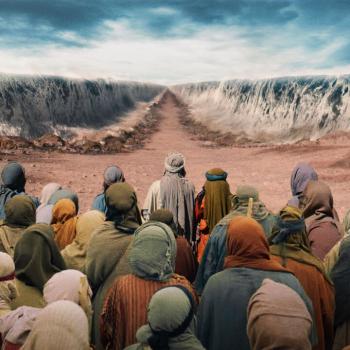Charles Taylor’s Modern Social Imaginaries examines fundamental features of the modern social imaginary, the “ways people imagine their social existence, how they fit together with others, how things go on between them and their fellows, the expectations that are normally met, and the deeper normative notions and images that underlie these expectations.”
The transition to the modern social imaginary involved a “great disembedding” from the cosmic and social hierarchies that were once imagined as the frame for individual and social life. One effect of this disembeding was an “economization” of our notions of social order:
“The first big shift wrought by this new idea of order, both in theory and in social imaginary, consists in our coming to see our society as an economy, an interlocking set of activities of production, exchange, and consumption, which form a system with its own laws and its own dynamic. Instead of being merely the management, by those in authority, of the resources we collectively need in household or state, the economic now defines a way we are linked together, a sphere of coexistence that in principle could suffice to itself, if only disorder and conflict didn’t threaten. Conceiving of the economy as a system is an achievement of eighteenth-century theory, with the physiocrats and Adam Smith, but coming to see the most important purpose and agenda of society as economic collaboration and exchange is a drift in our social imaginary that begins in that period and continues to this day. From that point on, organized society is no longer equivalent to the polity; other dimensions of social existence are seen as having their own forms and integrity. The very shift in this period of the meaning of the term civil society reflects this.”
This re-conception of social life as a “conversation,” a set of exchanges, an “economy” reinforces the individualism of the modern social imaginary. In contrast to other dimensions of the modern imaginary – the imagination public space or the conception of democracy – exchange is the activity of an individual: “There is no collective agent here; indeed, the account amounts to a denial of such. There are agents, individuals acting on their own behalf, but the global upshot happens behind their backs.”
And, along with this individualizing of social life is an objectification of social life that Taylor sees as complementary with objectivizing modes of social theory. Social commerce “has a certain predictable form, because there are certain laws governing the way in which their myriad individual actions concatenate.” Thus, “this age also sees the beginnings of a new kind of objectifying social science.”















